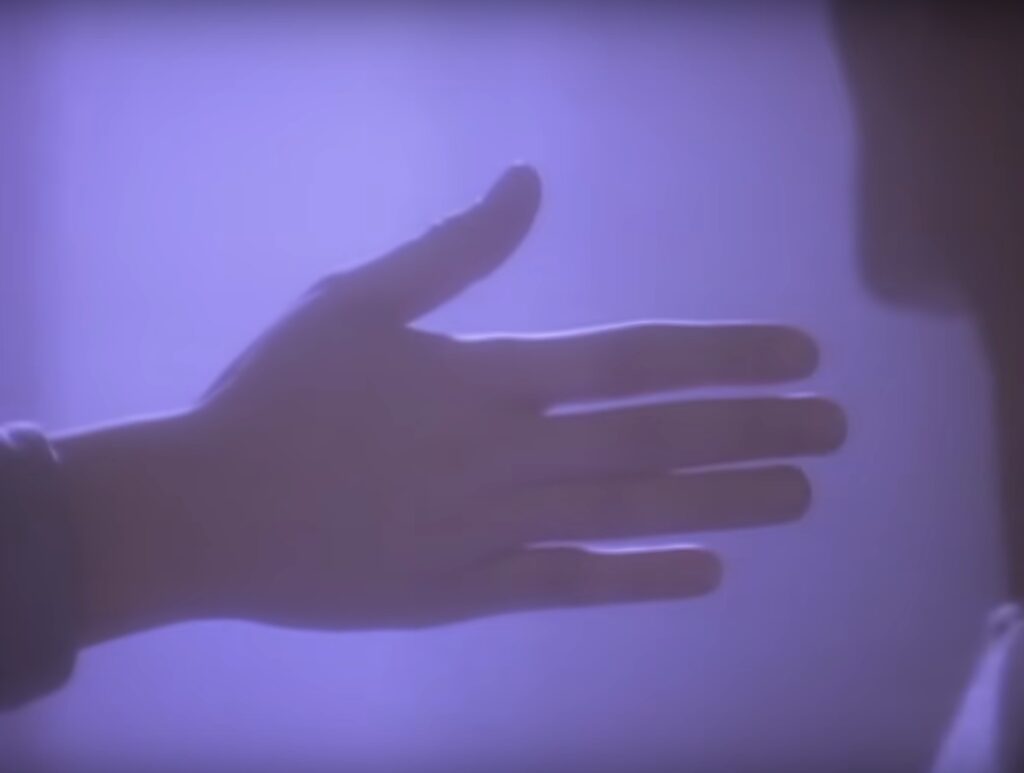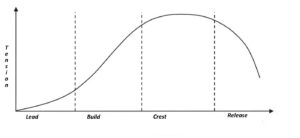 Running Up That Hill is clearly a powerful song for Max’ heroic journey in the latest season of Stranger Things. Evidence from the music therapy field supports this decisive moment: the power of music is personal. Our choices about the music we love, combined with our emotional connection to those specific songs, can literally save our lives. Here’s how Stranger Things and your power music matter.
Running Up That Hill is clearly a powerful song for Max’ heroic journey in the latest season of Stranger Things. Evidence from the music therapy field supports this decisive moment: the power of music is personal. Our choices about the music we love, combined with our emotional connection to those specific songs, can literally save our lives. Here’s how Stranger Things and your power music matter.
Max’ life is saved by music in a way that echoes the mythology of Orpheus descending into the Underworld to retrieve Eurydice using only his conviction and his music. As with most mythology, this is a universal theme in life, meant to remind us of the heroic shadow journey, or what some call ego death. Jesus’ 40 days in the desert, followed by Satan’s temptation, is an example of an heroic, shadow, or dark journey. If you look carefully, you can find the shadow journey everywhere in literature, art, real life, and of course, in music.
Have you ever experienced a personal shadow journey? I experienced one when I seriously contemplated suicide. That night, I chose to take in music I love deeply, and it unlocked a meaning for me in my life that couldn’t be achieved by my death.
In my case, as in Max’ it only took one song.
 This is why I’m persuaded that the basic principles of music care work. They are:
This is why I’m persuaded that the basic principles of music care work. They are:
Choose music you love;
and
Listen carefully.
Friends Like These!
One of the beautiful insights in Stranger Things happens when Max’ friends realize this and begin to search for Max’ favorite song. They are convinced that Running Up That Hill is precisely the music Max needs to come out of the Upside Down – we viewers are given a few hints along the way, too – so that when the music finally reaches Max, the purpose for it suddenly becomes clear. Who else wants friends like that!
One Song
When we love a song and listen to it over and over, it begins to have a kind of hypnotic power on us. The melodies, rhythms, chords, and lyrics come to have a presence within us – neuroscientists would call this “creation of new neural pathways” – that makes the music a kind of resident within our physiology. Yes: this could be called a kind of self-hypnotic manipulation, but the evidence suggests that we need only remember how the music goes to unlock the physical, mental, emotional, and what I’ll call spiritual effects of the music. Our systems don’t need to know whether we are hearing physical sound or remembering it, and the effect is the same. But something is going on that’s much bigger than just psyching ourselves out.
Clinicians speak of musical interventions, and Max’ story illustrates what could be called an intervention, but it goes far beyond normal clinical practices to use music in the way Max did. Sure, Max’ friends got the music playing and put Max’ headphones on their head, but it was Max’ favorite song, not some clinically-derived prescription music or playlist, that called Max back. No clinician needed.
Leaving the science on this to the scientists, let’s ask a very real-world non-scientific question here: do you have specific songs you love for any of the problematic eventualities in your life? It only takes one song, on repeat if necessary, so it’s easy to create a purposeful musical toolkit. Later on, you can develop playlists to support the purposes and intentions you choose. For now, focus on picking a song for each of the specific hard times.
Suicide
For example, when I was considering suicide, I had clinicians and therapists available and people to talk to, but in that dark place, I simply chose a song I already loved and needed to hear and listened to it carefully with the purpose of complete surrender and acceptance. That was enough to keep me breathing. No clinical protocol needed.
The “spiritual” aspect of music – all the stuff science can’t yet measure that we all feel, like inspiration, hope, power, connection, love – is what I felt saved me. Clinicians could have been there for Max (imagine that!), but the point is that the only way to reach Max at that moment was extra-physical, extra-measurement, and extra-communication. The writing is brilliant on this: only music could get through to offer Max a lifeline.
What’s your song for suicide? My song was (and is) Rachminioff’s Etude-Tableau in A minor Opus 39 Number 2, and I prefer Vladimir Ashkenazy’s recording. As a classical pianist, it makes sense that I’ve also learned to play it.
What’s Your Song for _____?
What’s your song for suicide?
Self-harm? Same practice: choose a song you love that lets you feel how deeply broken you can be and still not suffer physical harm. I can be emotionally damaging to myself when I choose self-pity, so I’ve got a song for that. This one is personal, though. What’s yours?
 Got rage? I go to Metallica, Master of Puppets. What song supports you safely in rage?
Got rage? I go to Metallica, Master of Puppets. What song supports you safely in rage?
The amazing purpose of aligning music this way is that, like Max, as we use the music, we are led out of the darkness, back to an awareness where we can once again have choices, friends, and safety.
Yes, this also works for purposes that feel good: being joyous, weeping over the loss of a loved one, making love.
The ‘Nets make it easy for us to burn the music we love into our souls. How will you use it with purpose and power? If you find a purpose for which you’ve yet to connect music, it’s easy to become a music hunter and allow new songs to find you, maybe even become internal tools you can use.
I can’t wait to see how Stranger Things continues to echo the scientific theory that the music we love is also our power toolkit. Stay tuned!
You already understand that music helps stuff like endurance, sleep, and moods, and if you want to take it to the next level and learn how to apply specific music in other practical ways, such as boosting resilience, compassion, surviving your family, or just coming to ground, please find me on Instagram or Facebook @musimorphic or here.
If the stigma around suicide feels like a trap, there are resources for you here.



